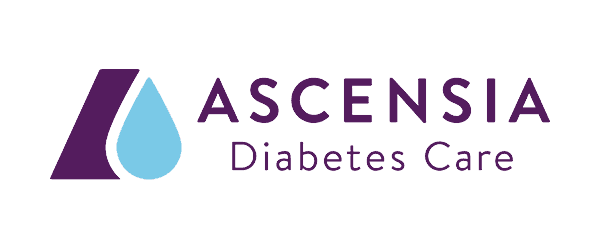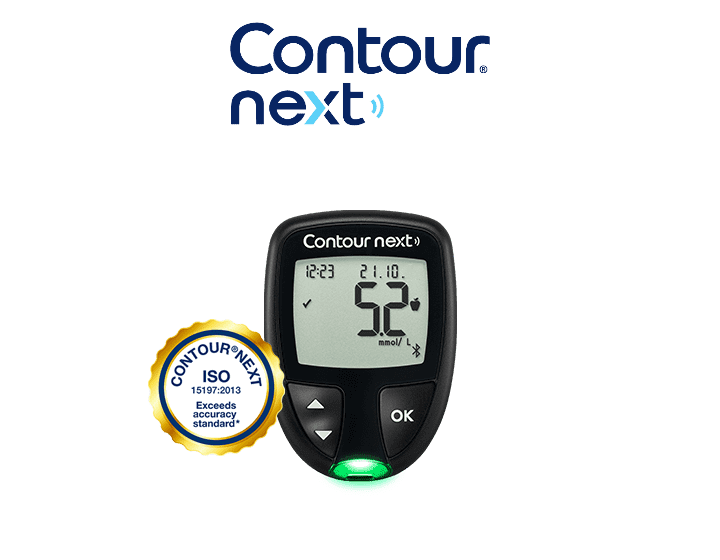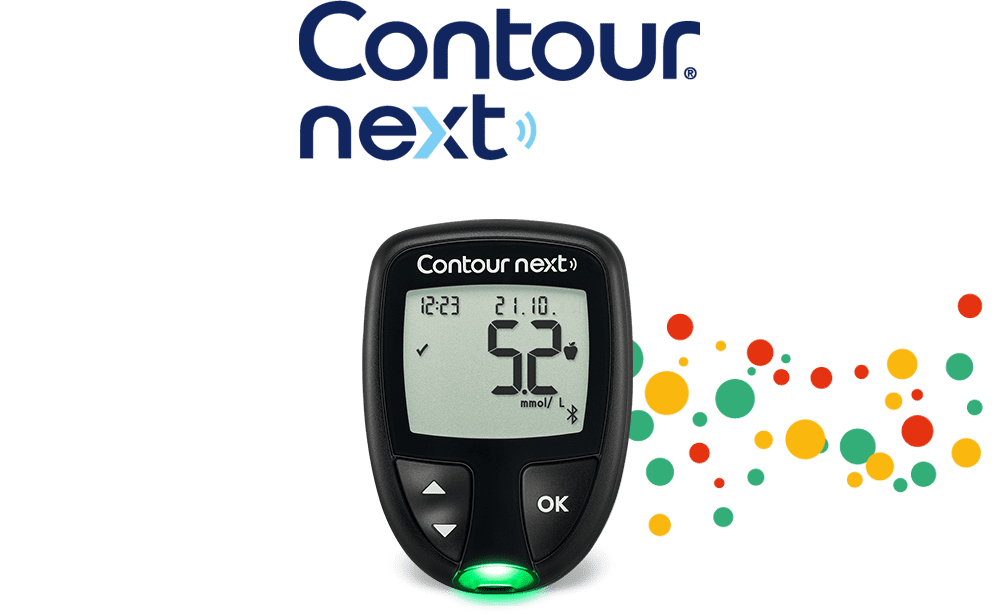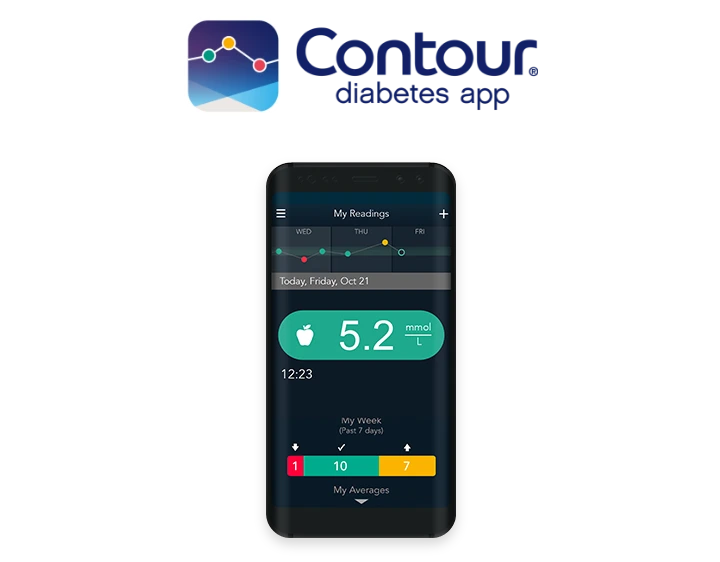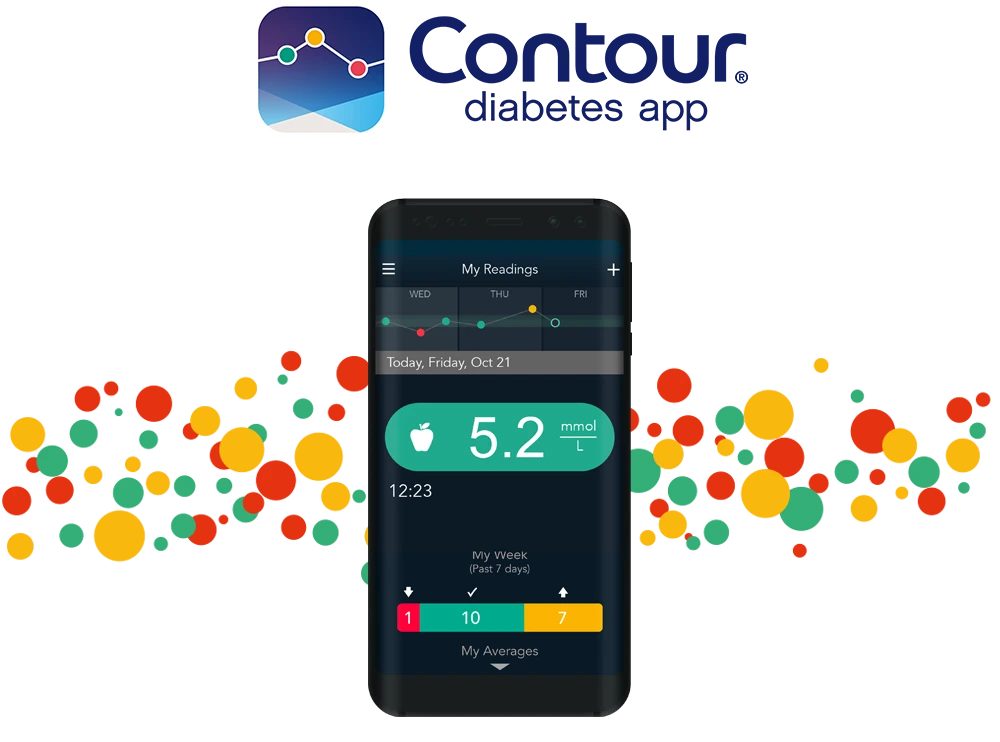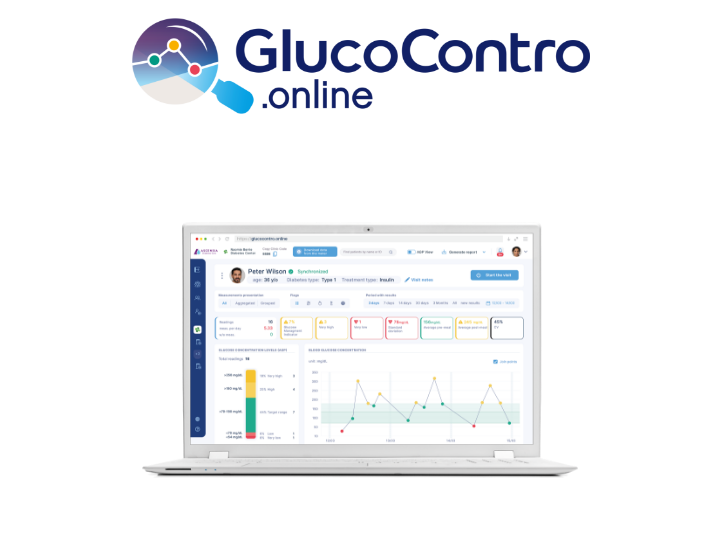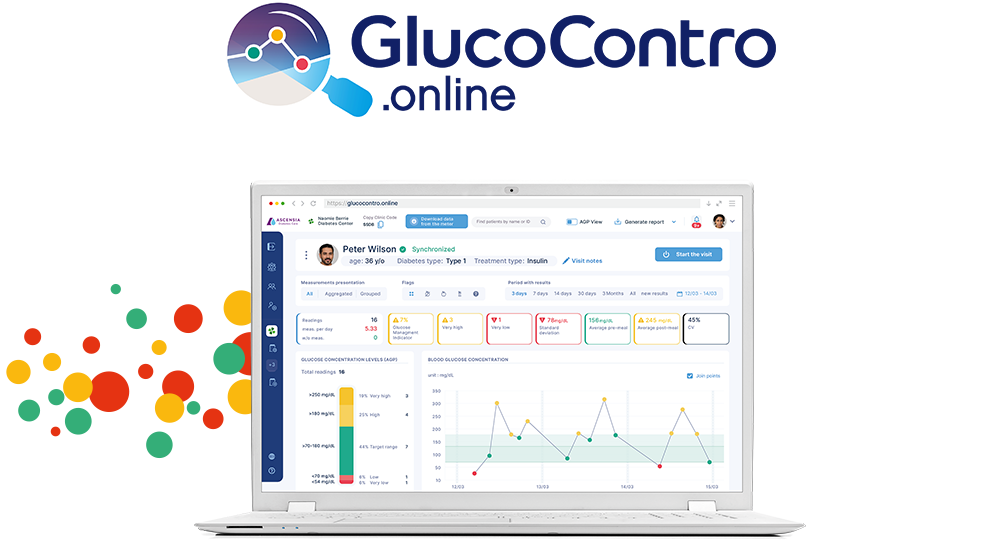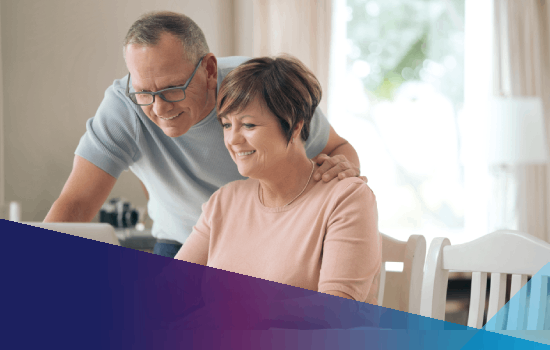* IQVIA data January 2023
§ Minimum accuracy requirements of ISO15197: 2013 Section 6.3 standard require ≥95% of the measured values to fall within ±0.83 mmol/L at glucose concentrations <5.5 mmol/L or within ±15% at glucose concentrations ≥5.5 mmol/L compared to the reference method.
† An ad hoc analysis demonstrated that 95% of the results were within the error range ±0.3 mmol/L or ±5.3% of the laboratory reference values (Hexokinase (HK)-based method (Cobas Integra 400 Plus; Roche Instrument Center, Rotkreuz, Switzerland).
** Patients need to be registered in GlucoContro.online and approve sharing their data with their healthcare professional. For a list of compatible devices, please visit compatibility.contourone.com
SdNcenter is the legal manufacturer and developer of GlucoContro.online and is partnering with Ascensia to market and deliver the tool to HCP and Patient users
1. Pleus S et.al, User Performance Evaluation and System Accuracy Assessment of Four Blood Glucose Monitoring Systems With Color Coding of Measurement Results. J Diabetes Sci Technol. 2022 Nov 26:19322968221141926. doi: 10.1177/19322968221141926.
2. International Organization for Standardization. In vitro diagnostic test systems — requirements for blood-glucose monitoring systems for self-testing in managing diabetes mellitus (ISO 15197). International Organization for Standardization, Geneva, Switzerland, 2013.
3. CONTOUR®NEXT BGMS User Guide, Rev. 12/21.
